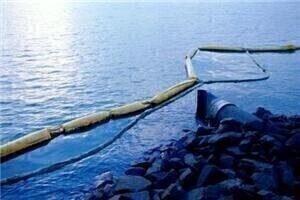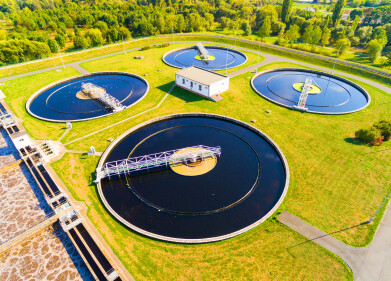Water/Wastewater
What are the Dangers of Desalination?
Jan 20 2023
As we push further into the 21st century, as the globe continues to develop and industrialise, as populations continue to increase, more and more strain will be placed on existing freshwater reserves and many places will have to look further afield to meet demand. As a result, the desalination of ocean water could become one of the kingmaking technologies in the new era, especially as evidence mounts that salinity rises with average global temperatures.
Given the urgency of these challenges, it’s essential to take a thorough appraisal of the current technology and in particular to ask: what are the threats to the longevity of the desalination process? Well, the key to understanding these threats begins with understanding the basic mechanics of the process. So, let’s take it back to the beginning.
What is the process of desalination?
Desalination is the process of removing salt and other minerals from seawater, making it safe to drink or use for irrigation. This process is becoming increasingly popular as a way to address water scarcity in coastal areas, where freshwater resources are limited. However, desalination also produces a by-product called brine, which can be harmful to marine life if not properly managed.
The process of desalination typically involves passing seawater through a semi-permeable membrane, which removes the salt and other minerals. The water that passes through the membrane is called permeate, and is safe to drink or use for irrigation. The water that does not pass through the membrane is called brine, and contains a high concentration of salt and other minerals.
What are the biggest disadvantages of desalination?
Brine is a highly toxic mixture of salt and other dissolved solids, and can be harmful to marine life if not properly managed. When brine is discharged into the ocean, it can have a number of negative impacts on marine life. First off, there’s hypersalinity. Brine has a higher salt content than seawater, and can cause the surrounding seawater to become more saline. This can be harmful to marine life that is not adapted to high salinity levels, and can lead to a decline in biodiversity. Then, there’s temperature change. Brine is often warmer than the surrounding seawater, and can cause the water temperature to rise when it is discharged. This can be harmful to marine life that is not adapted to warm water, and can lead to a decline in biodiversity. Next, we’ve got oxygen depletion. Brine can cause the oxygen levels in the surrounding seawater to drop, which can be harmful to marine life that needs oxygen to survive. And last but certainly not least, there’s toxicity. Brine contains chemicals such as chlorine and bromine, which can be toxic to marine life if not properly managed.
To mitigate the impact of brine on marine life, desalination facilities must properly manage the brine before it is discharged into the ocean. This typically involves diluting the brine with seawater, so that the salt and mineral content is similar to the surrounding seawater. Additionally, facilities can also use advanced technologies to reduce the amount of brine that is produced, and to make the brine less toxic before it is discharged into the ocean. For a case study in dealing with these by-products, take a look at our article on the desalination crisis in the United Arab Emirates.
So, desalination is a process that produces brine, a toxic mixture of salt and other dissolved solids, which can be harmful to marine life if not properly managed. It’s a nasty paradox: making a certain amount of seawater drinkable is making the remaining seawater undrinkable. Unravelling and overcoming this paradox will be one of the 21st century’s most important frontiers in engineering.
Digital Edition
IET 34.2 March 2024
April 2024
Gas Detection - Biogas batch fermentation system for laboratory use with automatic gas analysis in real time Water/Wastewater - Upcycling sensors for sustainable nature management - Prist...
View all digital editions
Events
Apr 30 2024 Melbourne, Australia
Apr 30 2024 Birmingham, UK
May 03 2024 Seoul, South Korea
May 05 2024 Seville, Spain
May 06 2024 Minneapolis, MN, USA


















